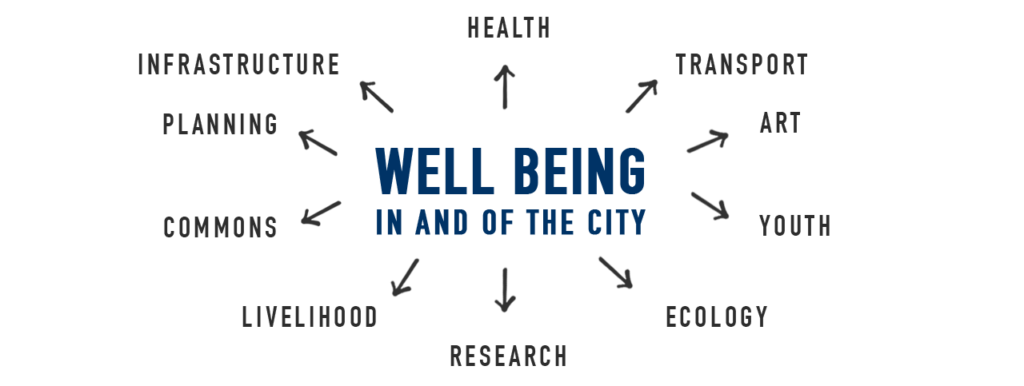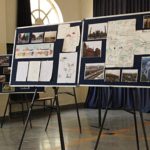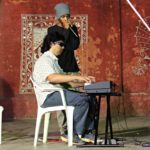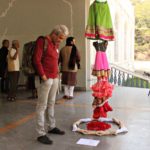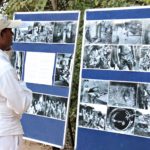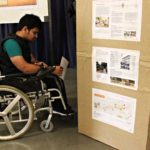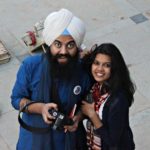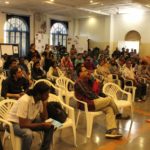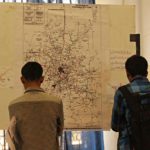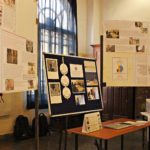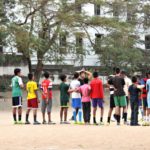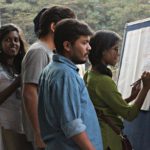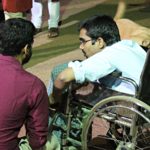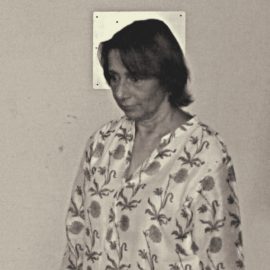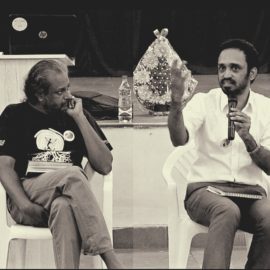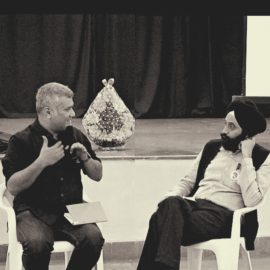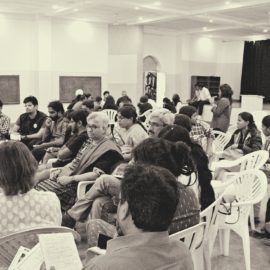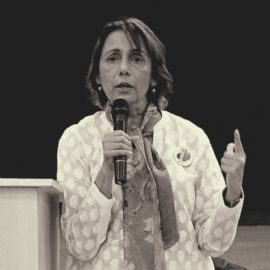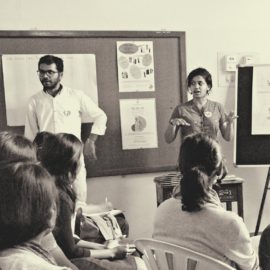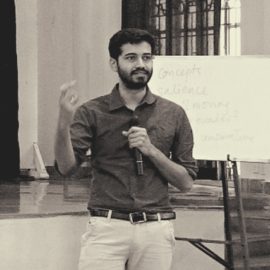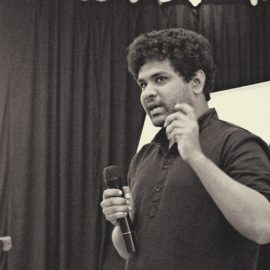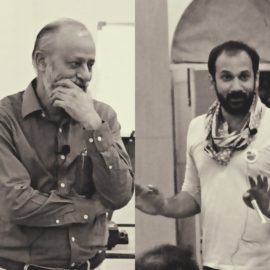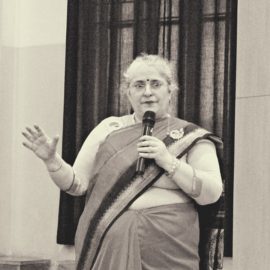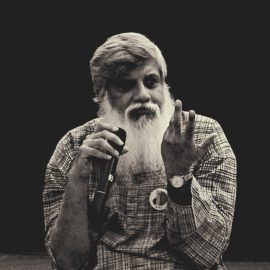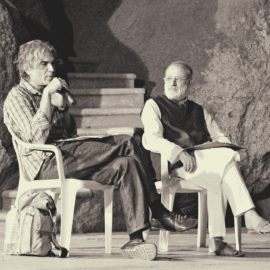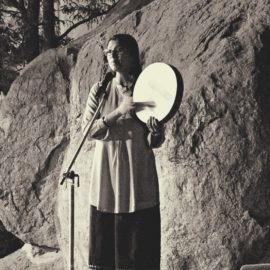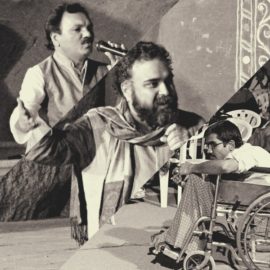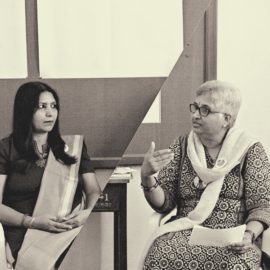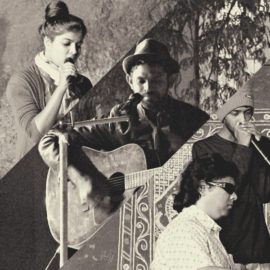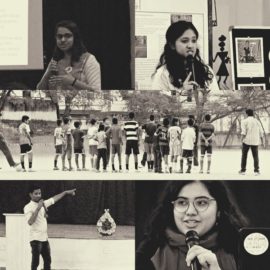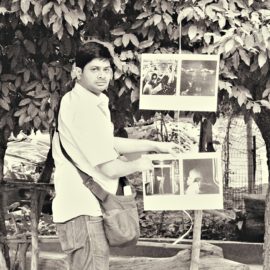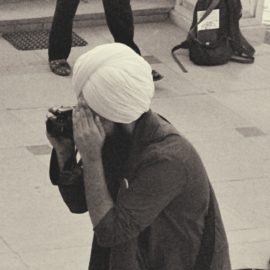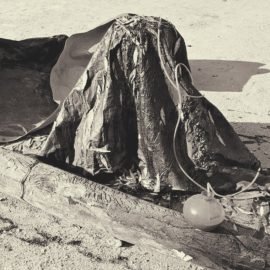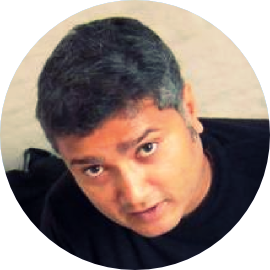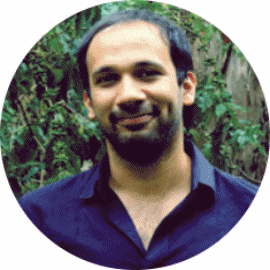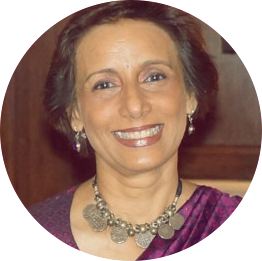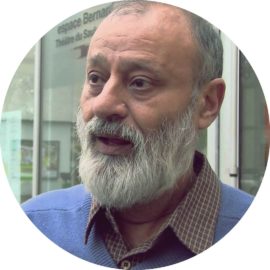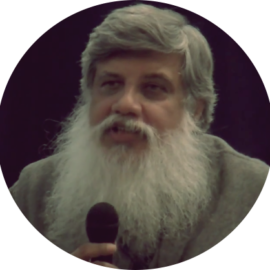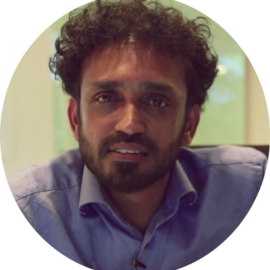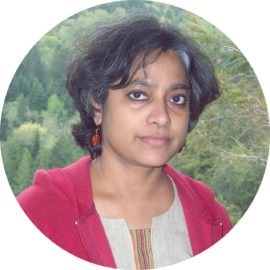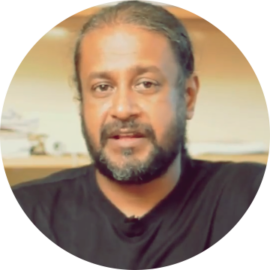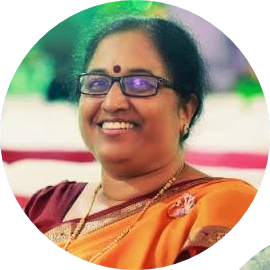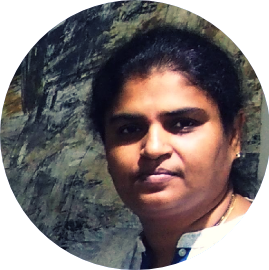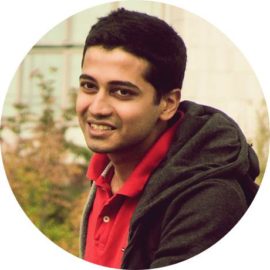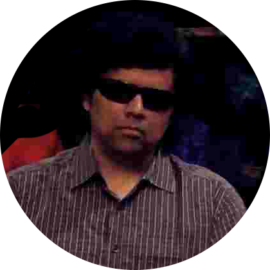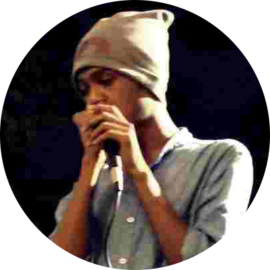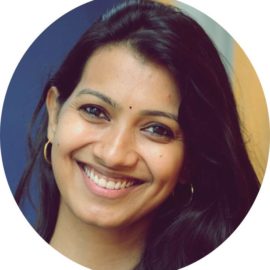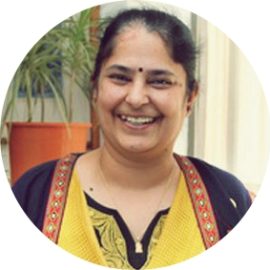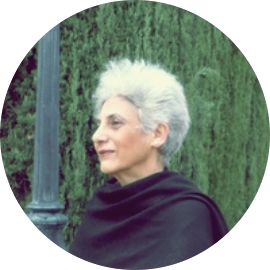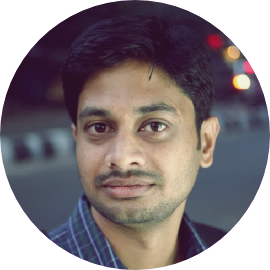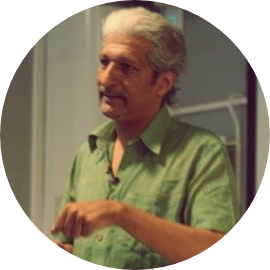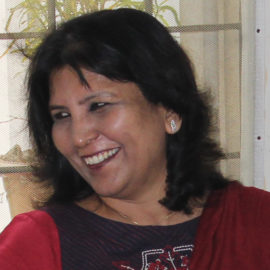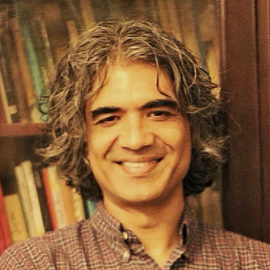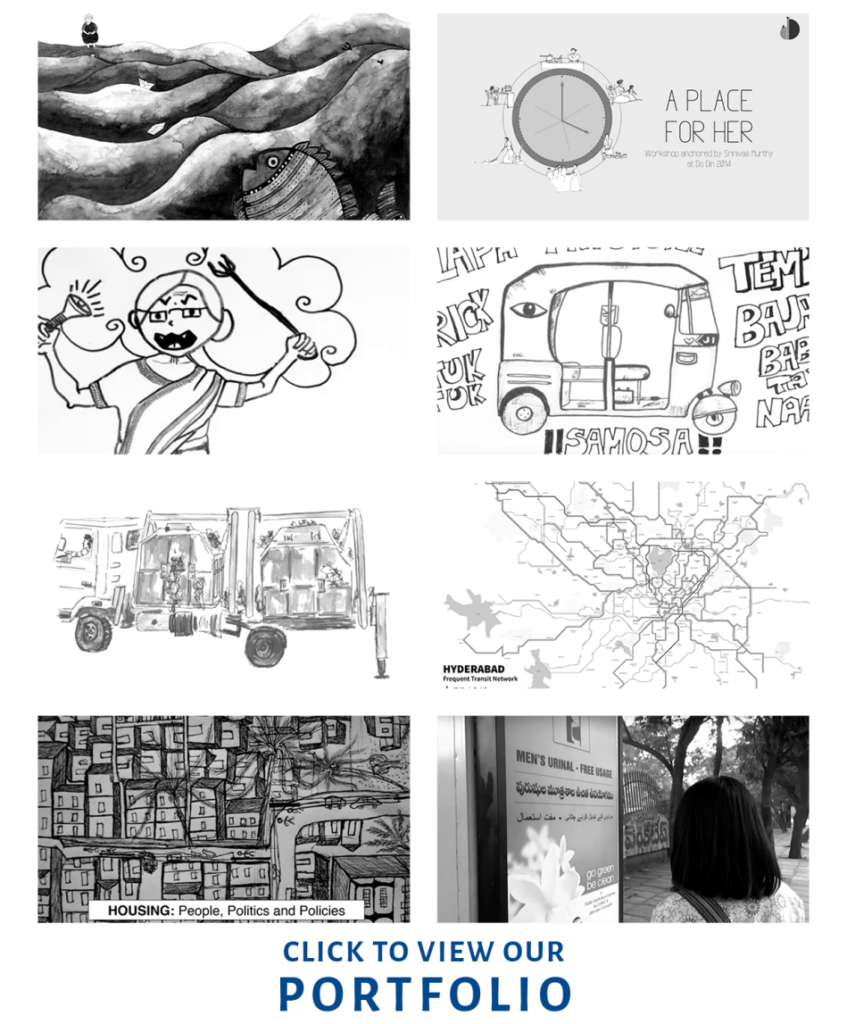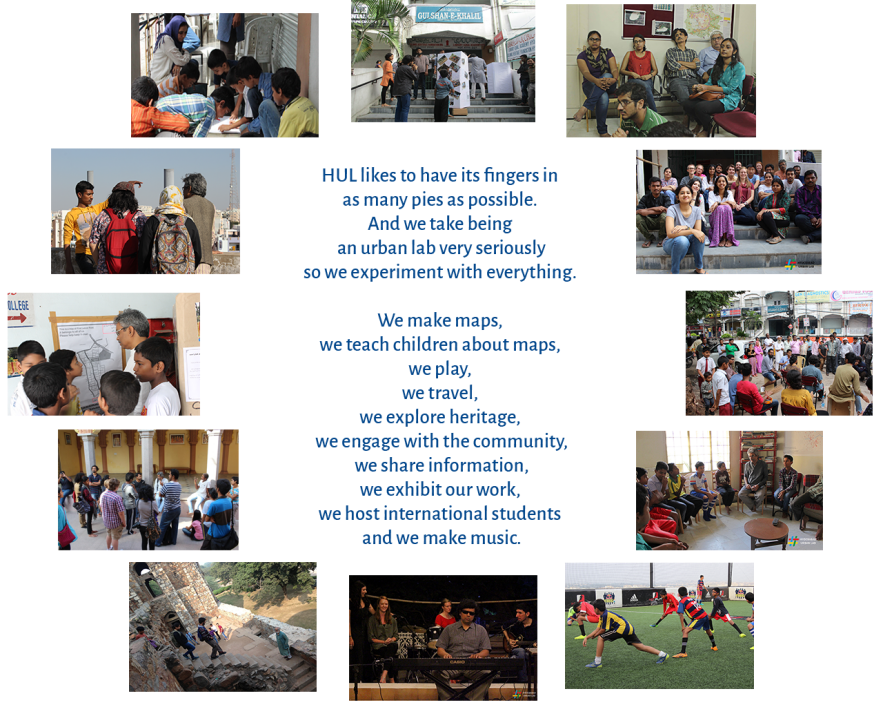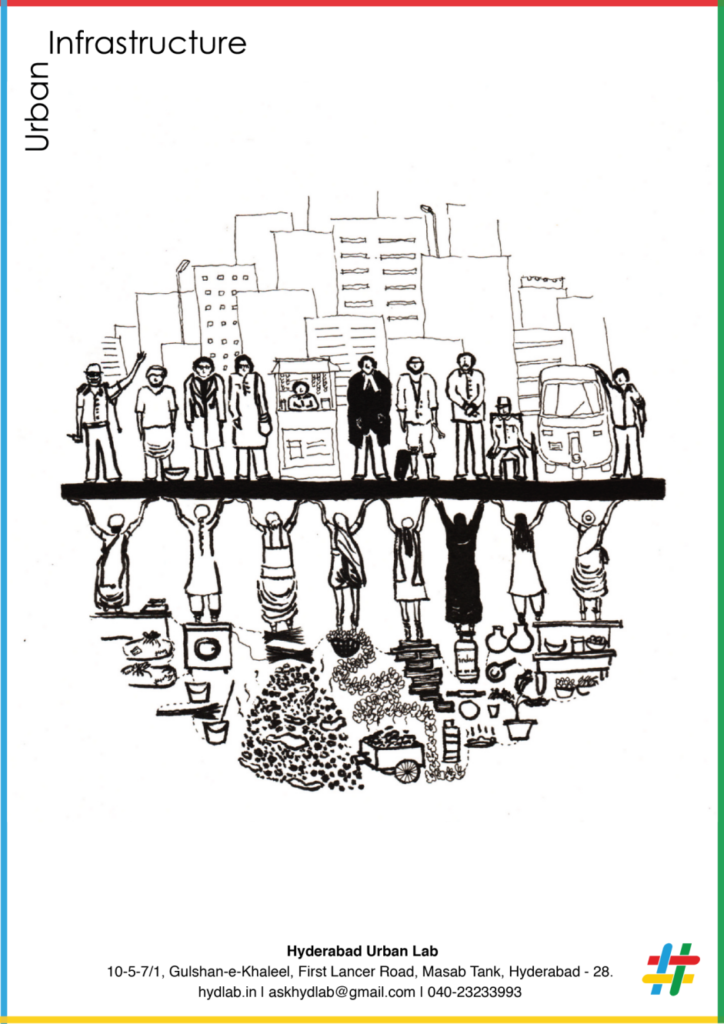DO DIN
About Do Din
Do Din is an annual year end event anchored by Hyderabad Urban Lab in the city of Hyderabad. It is an attempt to bring together the multiple strands that comprise life in a city. In an ideal urban space all that makes for the urban experience would be accorded equal value. In reality however, the rag picker is only an urchin to be shunned.
It is HUL’s effort at Do Din to make visible if not audible, all the seen and unseen, known and unknown individuals and collectives and communities that enable life in the city, any city.
Do Din acknowledges and affirms the bus conductor, the grandmother, the teacher, the artist, the planner, the sweeper, the singer, the auto wala, the student, the shopkeeper and all others for their contribution to the urban experience.
Theme
Do Din 2013 had at its core the idea of data as a significant tool for research and practice. Mapping, participatory planning and heritage were the other dominant themes running through the different sessions in the first edition of Do Din. In Do Din 2014 the focus was on “informality” in various sectors, housing, livelihoods and economy. Gender caste and environment were also discussed.
At Do Din 2016 the idea of wellbeing will be the connecting thread between the various sessions.
Wellbeing is conventionally seen as a durable condition to which all conscious beings aspire; a condition not merely of physical and mental soundness but also of stability and security in an environment that is free from anxiety and conflict and where some degree of harmony can be sustained between humans and their surroundings.
Human civilisation has probably never been further from wellbeing than it currently is. Do Din 2016 wishes to explore what wellbeing can mean in these times of uncertainty and anxiety and how it can be accomplished through simple strategies of coexistence.
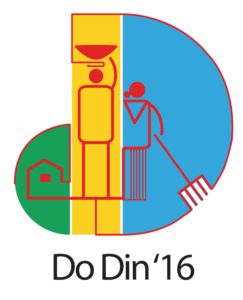
What best defines HUL’s work is the connectivity between the different aspects of life in the city and the acknowledgement of the fact that nothing can operate in vacuum. For this year’s logo we have retained the format of 2 D s, one in lower case and one in upper, from the 2014 logo.
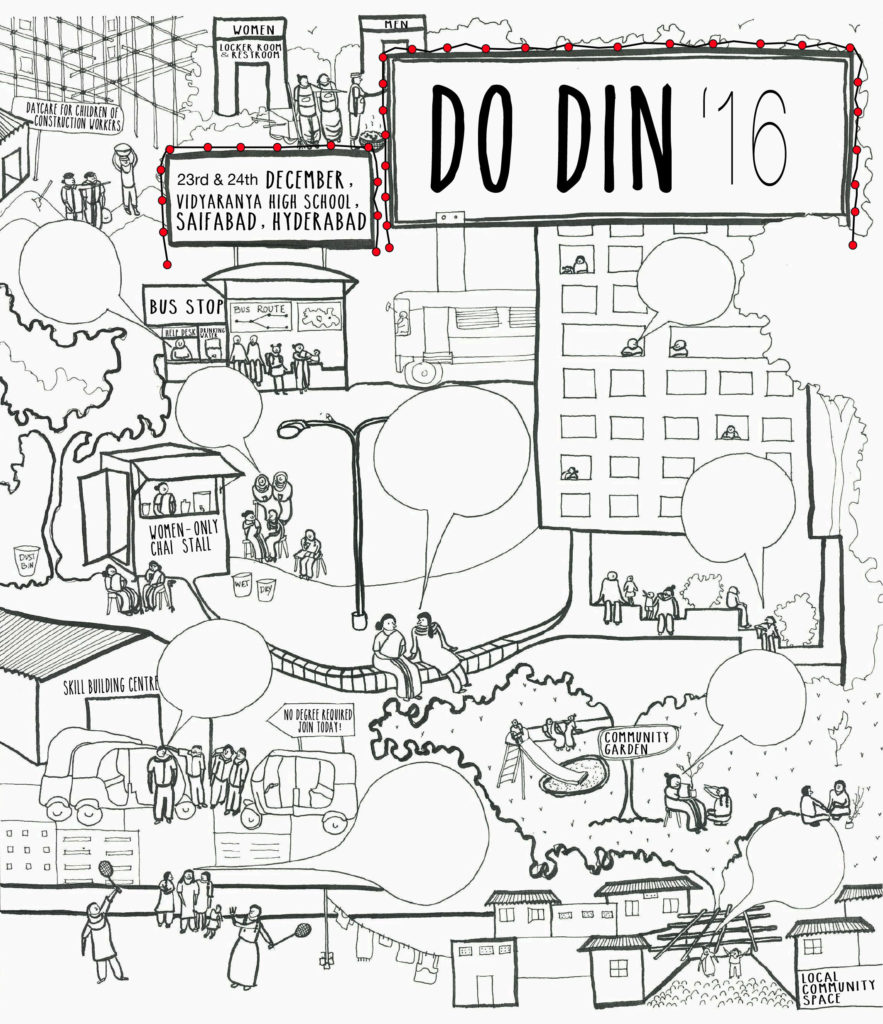
![]()
Poster:
The concept behind the (web) poster is that of representing an inclusive city. At HUL we often talk about how a bit of creative thinking and flexibility goes along in addressing the unmet needs of those with whom we coexist, especially women, children, the elderly, the disabled and those working in the informal economy.
So the poster has a women-only chai stall that operates even after dark, a help desk and a drinking water kiosk at every bus stop and recreational areas in neighbourhoods, available to and accessible by all potential users.
To flatter ourselves we have also created an impression in the sketch that there is a buzz in the city about Do Din. We decide to stagger the release of information and details as a kind of countdown to the event.
This same idea has been used for the public poster that is to be put up in the city. You will see people in the poster chatting amongst each other, talking about Do Din and what will be happening on the two days of Do Din.
